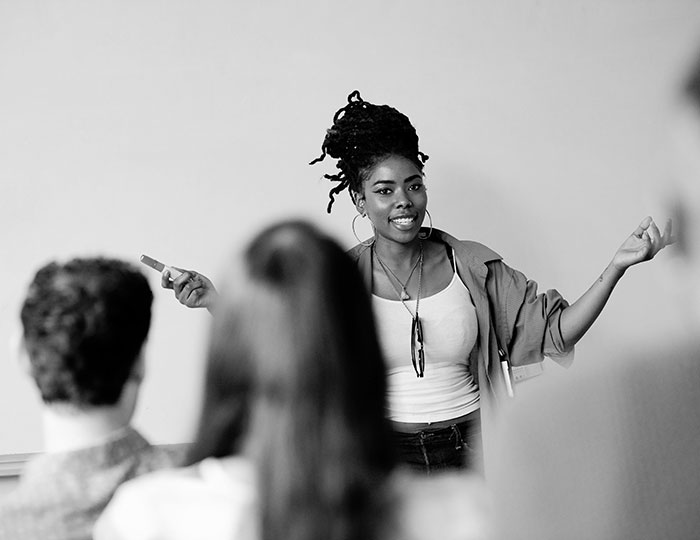It looks like I may be appearing on Channel Four News this evening to discuss fairness, presumably in the context of Mr Hester's bonus.
I will approach the conversation with two pieces of recent reading in mind. The first is a paper by Peter Taylor-Gooby, Professor of Social Policy at Kent University. It's worth quoting his summary in full:
' This article analyses a dataset covering 26 countries for more than two decades to show that spending cuts, privatisation and increases in poverty undermine legitimacy. It uses a direct measure of legitimacy in terms of the frequency of riots and political demonstrations and strikes rather than the usual indirect measures in terms of attitudes and trust in government'.
So there we have it, cuts and poverty lead to unrest. You may think the good Professor should list his subsidiary specialist subject as ‘the bleedin’ obvious’, but, having seen resistance to the very notion of social causes among even intelligent people, his findings are worth sharing.
My second influence is Gavin Kelly's latest column for the New Statesman. Summarising the latest research from the Resolution Foundation, Kelly shows that even if the Government meets its growth targets middle income households will suffer significant falls in living standards, but that there is a very good chance things will be substantially worse. (At least we are doing better than Spain, where the unemployment rate for 18-24 year olds is now a staggering 50 per cent.)
When large swathes of people are suffering economically the issue of fairness become more important. It also tends to become more toxic. The news this week has been dominated by two big fairness arguments, one about the poor (the Coalition's plan for a benefit cap) and one about the rich (Mr Hester). In both cases much of the coverage was couched in terms of public anger, indeed Coalition ministers chided Bishops voting against the cap on the grounds that they were ignoring public opinion.
This reinforces a point I tried to make (ill advisedly at great length) in posts over the festive break. As we move further into the age of austerity, there is, I believe, an urgent need for our leading politicians to try to articulate a comprehensive, coherent and, hopefully, humane account of what fairness should mean. Without such an account we risk ever louder cries of rage as angry people look for someone to blame for their current problems and future prospects.
Of course, there is no simple account of what is fair and unfair and certainly not one to which everyone would agree, but recognising this is part of the point. As long as we use the idea of unfairness as a kind of conversation stopper it will be hard to find any narrative that addresses the legitimacy deficit that Taylor-Gooby's work suggests will steadily grow.
Just as I finished writing I got a call on the train from Channel Four News saying I'd been dropped. The researcher remained unmoved even when I suggested that my blog reader would be glued to her set. ‘Oh dear,’ said the nice lady opposite me as I hung up with a sigh, ‘sometimes life just isn’t fair’.
Related articles
-
How to be an anti-racist educator
Laura Partridge
Reflecting, thinking long-term, and fixing what’s wrong with our schools.
-
The broader purpose of the environmental movement
Hila Chenzbraun Philipa Duthie
How can environmental movements tackle the climate crisis and social and racial injustice?
-
Can education be a remedy for racism?
Adarsh Ramchurn
It is clear that coronavirus is exposing longstanding inequalities. Work needs to be done to combat the Covid-19 pandemic - but also the racism pandemic.




Be the first to write a comment
Comments
Please login to post a comment or reply
Don't have an account? Click here to register.